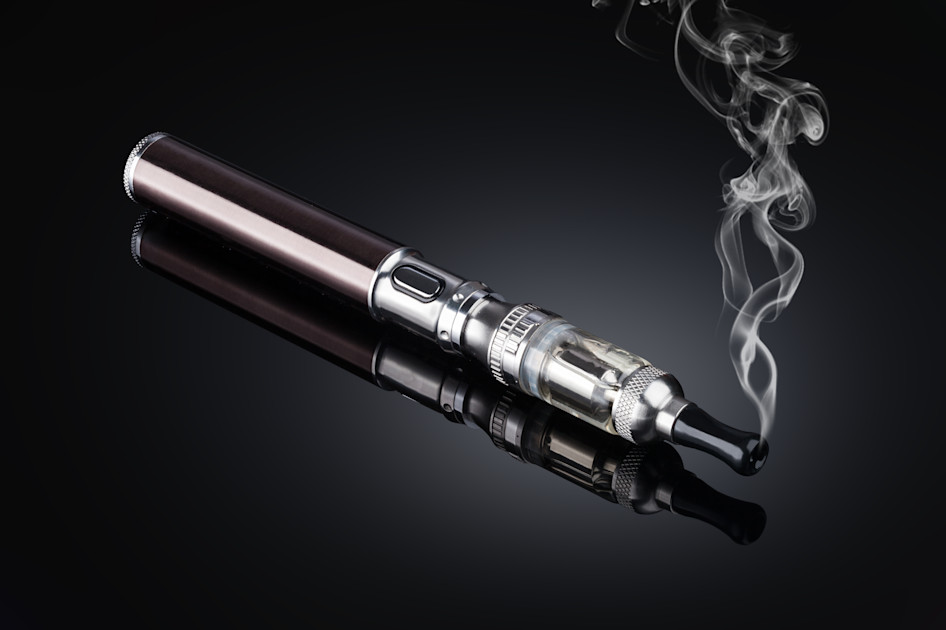
You might wonder if vaping without nicotine is healthier or just another passing fad. You’ve got a real decision on your hands: pick methods that avoid vaping, or give herbal inhalers a shot? Both are solid paths if you’re trying to leave traditional tobacco behind.
Vape products sans nicotine offer a similar experience without the addictive substance, while herbal alternatives promise a more natural approach. While each offers a distinct palate of flavors and tactile experiences, their nutritional profiles and long-term physiological impacts diverge considerably.
We should begin by seeing what kind of difference each makes to your overall comfort.
Examining Health Impact Differences
When you choose what to inhale, considering the health impact is crucial. Vaping without nicotine and using herbal inhalers are popular choices, but they differ in their effects on your body
- Lung Health Concerns: The act of vaping can lead to lung irritation regardless of the presence of nicotine. A 2020 study found that e-liquids cause cytotoxicity and DNA damage in cell studies. Inhaling certain chemicals present in vape juice, like propylene glycol and vegetable glycerine, could increase lung infection risks.
- Exposure to Toxins: Even without nicotine, vapers may still introduce harmful substances into their bodies from other components used in e-liquids. Vaping without nicotine effects doesn’t mean it’s risk-free; flavorings heated during use might pose a threat due to little research on safety for inhalation purposes.
- Short-term Respiratory Effects: Immediate reactions such as throat tingling or burning, known as “throat hit,” highlight short-term respiratory impacts increasingly common among users opting for vape products over traditional cigarettes, even when those products don’t contain nicotine, irritating airways after just one use.
Assessing User Experience and Accessibility
In assessing user experience and accessibility between vape without nicotine and herbal inhalers, Dr. Steinberg’s study reveals telling insights. Approximately 40 cigarette smokers who were new to both methods participated in the research conducted by Rutgers Cancer Institute of New Jersey.
These individuals reported a greater sense of satisfaction from using e-cigarettes compared to FDA-approved nicotine inhalers over three days, rating them higher for gratification and ‘coolness’. Surprisingly, despite having similar side effects to traditional inhalers, users felt more inclined towards vaping due to its perceived effectiveness in aiding smoking cessation. Remarkably, over 75% preferred the e-cigarette as their chosen tool for quitting smoking, although conclusive data on safety remains scarce.
This preference indicates a clear need within cessation therapy circles to understand why vapes are favored so heavily despite limited regulation or evidence-based endorsements as quit-smoking aids.
In essence, choosing between nicotine-free vapes like California Honey Vapes and herbal inhalers boils down to personal needs. If you prefer flavor variety with a familiar feel, zero-nicotine options offer that without addictive substances. Herbal inhalers cater to those seeking natural aromatherapy benefits.
Both provide alternatives for adults looking to steer clear of nicotine while satisfying the hand-to-mouth habit often linked with smoking or vaping traditional products. Yet remember: Consulting health professionals before making any changes is wise, as each body reacts uniquely to different products. Choose what aligns best with your wellness goals.
